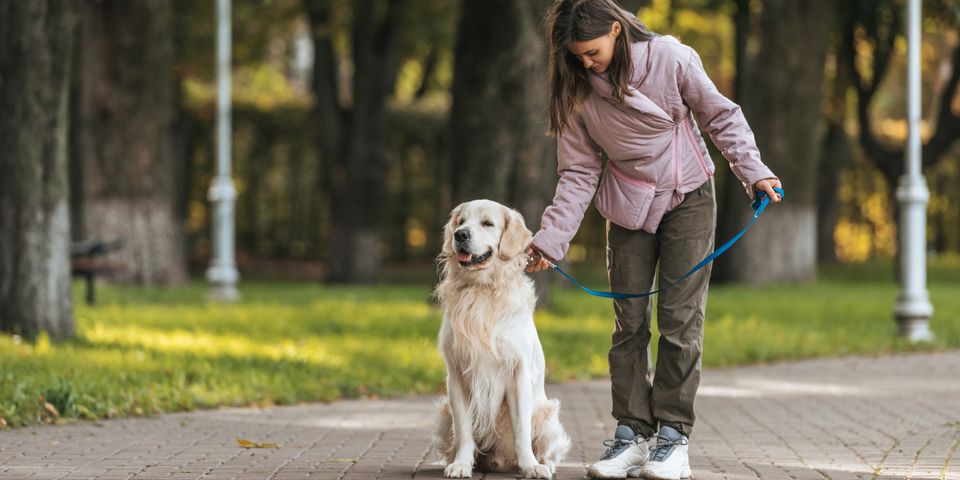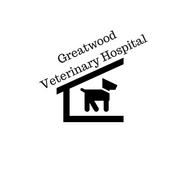
Elderly pets often require special care from you at home and from their veterinarian to remain healthy and happy. While aging rates vary depending on the size and breed of your canine, most are considered seniors when they are around seven years old. If you have an older dog, below are several strategies to promote their well-being.
How Can You Care for a Senior Dog Properly?
1. Provide Exercise
Unlike cats, who typically lose weight with age, canines are prone to gaining weight. Dogs that are sedentary have an increased likelihood of becoming overweight or obese, which can increase the risk of arthritis, diabetes, and heart failure. You can help an older dog maintain a healthy weight by taking them on daily walks through the neighborhood or local dog parks. Additionally, you may play fetch with them in your backyard or set up an obstacle course indoors to help them exercise.
2. Switch Their Food

As canines age, they may develop sensitive stomachs and have trouble digesting foods they formerly had no trouble eating. This often occurs due to natural changes in the digestive system that can cause elderly pups to experience occasional vomiting or loose bowel movements after eating foods they cannot digest properly. This could be due to a low-quality food that is high in grains and filler materials. Switching them to a diet that is high in lean proteins, vegetables, and probiotics can support healthy digestion.
3. Promote Joint Health
Senior dogs may have weak or sensitive joints that interfere with their ability to move easily. While this can occur due to medical conditions, such as hip dysplasia and arthritis, it can also happen when their cartilage naturally thins, causing the bones to rub together. To support your dog's joint health and promote their mobility, ask their veterinarian to prescribe a glucosamine supplement. This is a naturally occurring compound that can repair cartilage, alleviating joint wear and pain.
4. Prevent Cognitive Decline
Canine Cognitive Dysfunction (CCD), also known as "doggy Alzheimer's," is a condition that frequently affects aging pups, causing disorientation, memory loss, and behavioral changes. Keeping your senior dog mentally stimulated can delay the onset of this issue. To do this, provide interactive puzzle toys and allow them to have more social time with humans and other dogs. Also, taking them on outings where they can experience new sights and smells ensures they are getting enough stimulation. Veterinarians may also recommend providing vitamins E and A, which can prevent oxidative damage to tissues that may accelerate cognitive decline.
Keep your senior dog healthy with biannual checkups from Greatwood Veterinary Hospital in Richmond, TX. This pet clinic offers routine exams, diagnostic services, and medical treatments to ensure your pets are happy and healthy. Call (281) 342-7770 to schedule an appointment, and visit the website to learn more about how they can promote your furry friend's wellness.
About the Business
(63 reviews)
Have a question? Ask the experts!
Send your question

